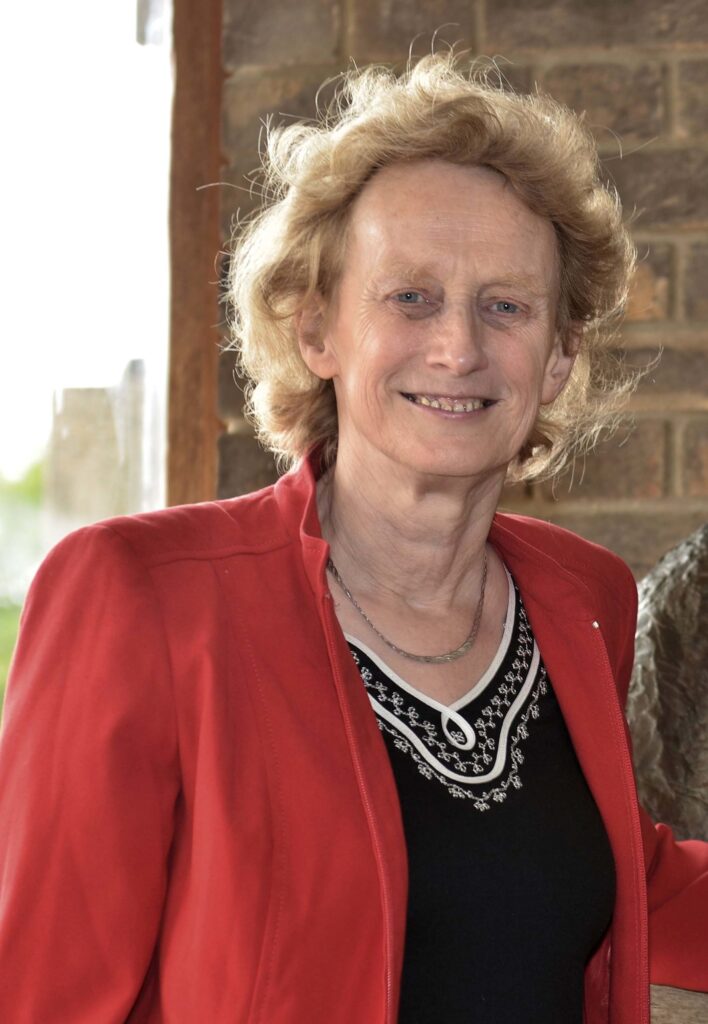Changing attitudes and refocusing for gender parity
Professor Dame Athene Donald has a long track record of advocating for women in STEM.
She spoke to us about refocusing wider participation initiatives to achieve gender parity without lowering admission criteria, ahead of her keynote address at this year’s WISE Conference.
Moving admissions to Churchill College, Cambridge, from 28% women to parity within five years is an incredible feat! What initiatives did you take to make this happen? And what can STEM employers learn from this?
Churchill was one of the first three colleges in Cambridge to admit women; indeed it was the first to vote to admit women of those three. It was proud of that record and I suspect had simply not reconsidered the matter in recent years.
Additionally, by statute it is required to admit 70% of students in the STEM subjects, and obviously those are the areas in which there are fewer girls taking A Levels.
However, at the second Freshers’ Dinner (I was probably too nervous at the first to notice anything) it was obvious to me the proportion of women attending was very low.
When I queried this subsequently, I was told the figure was 28%. With a long tradition of working hard around widening participation, the issue of gender had just got lost. However, we all agreed, as soon as I drew attention to the issue, that it just wasn’t good enough.
What changed was attitudes to give this matter more attention. When all other things around admission were equal, to give the woman the chance.
It wasn’t a case of lowering standards, and our exam results made this very clear subsequently. It was just a case of refocusing.

Of course this didn’t mean reaching parity in individual subjects, so that it remained the case there were lower proportions in Maths, Computing and Engineering, more women in English and History. But the difference in the feel of the College was palpable. Everyone noticed it and alumni as well as current Fellows were enormously supportive.
With the increased awareness of unconscious bias that may have permeated previous admission decisions, it is to be hoped this change is here to stay.
You say in your talk summary that inclusion needs to work for everyone. What are the most important things that both genders can do to support women in the STEM workplace?
Be aware of where bias is creeping in and watch out for where poor behaviour may be impacting on the ability of others to have confidence or to act, and then challenge that behaviour. Systemic change takes time, but ignoring problems because they feel ‘too difficult’ will only hinder progress.
However junior you may be, at least you can offer support to a victim. With seniority comes more opportunity to input into processes and directly call out poor behaviour or systematic problems.
Allyship means coming together, being supportive and producing a collective voice for change. Change is not just something for women to effect: it most certainly requires male buy-in and action.
What are you most looking forward to about the WISE conference?
There is always a buzz in the room when people committed to change come together.
Sharing experiences of what has worked and what has not is invaluable in making the future different and better. I hope to refresh my thinking at the conference.
Dame Athene will be giving the keynote address at the WISE Conference 2025, which takes place on 30 September at IET London: Savoy Place.
Focusing on the theme of accelerating the pace of change for women in STEM, the event is open to all.
